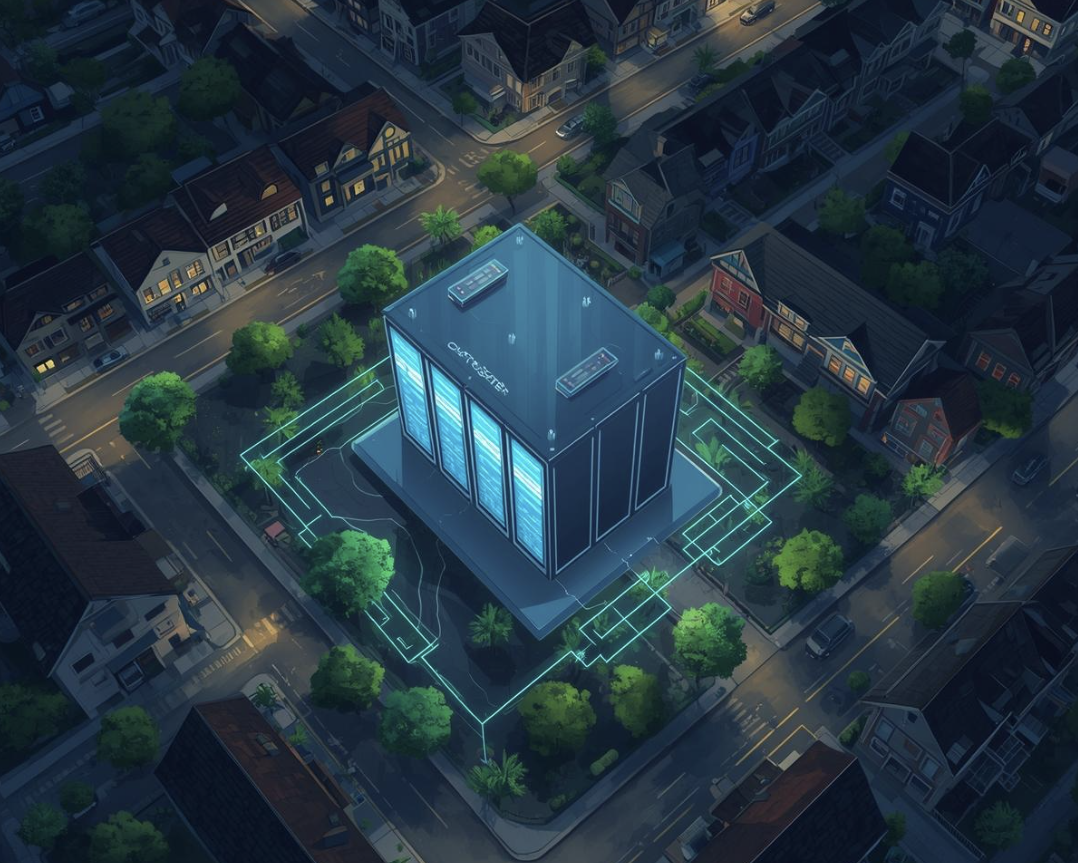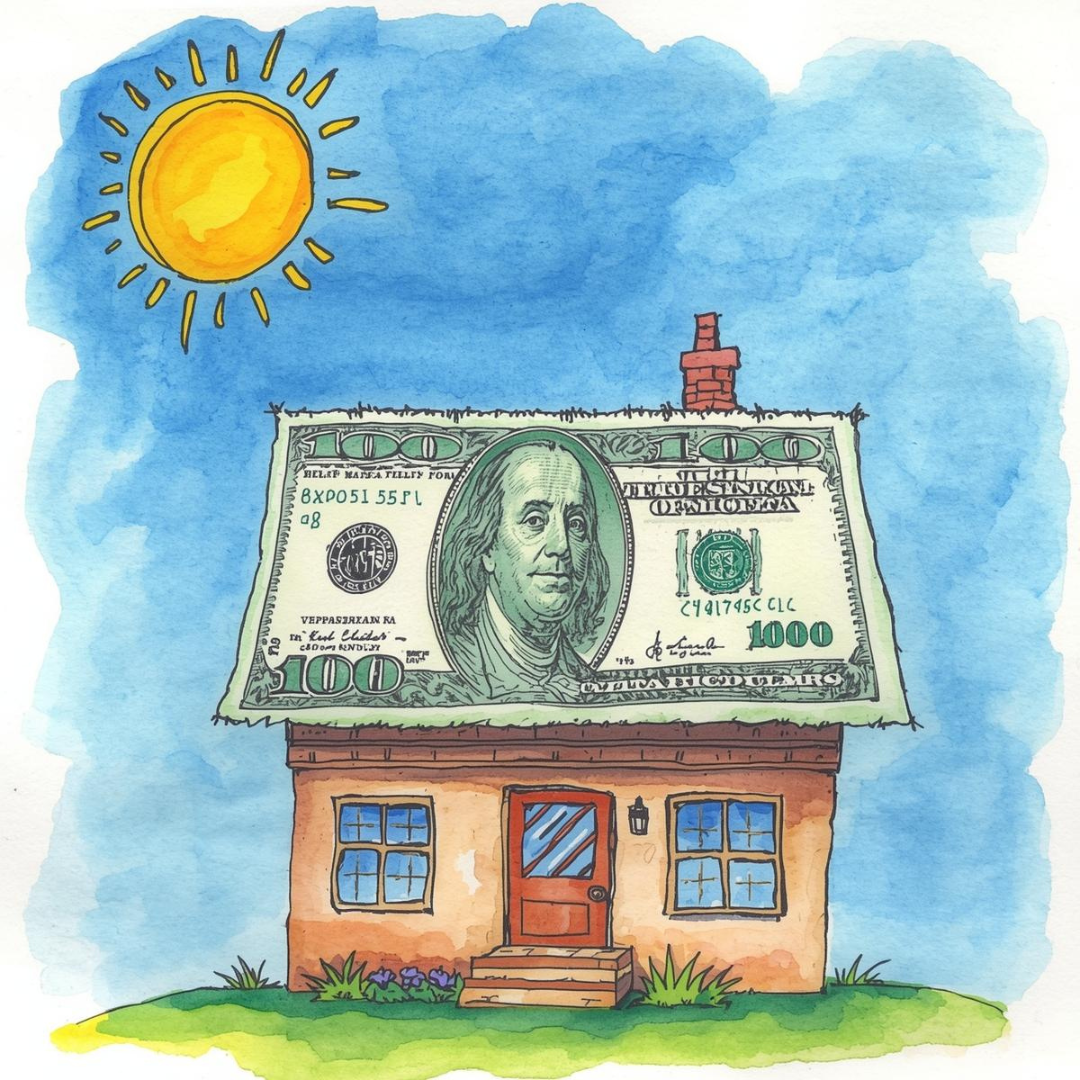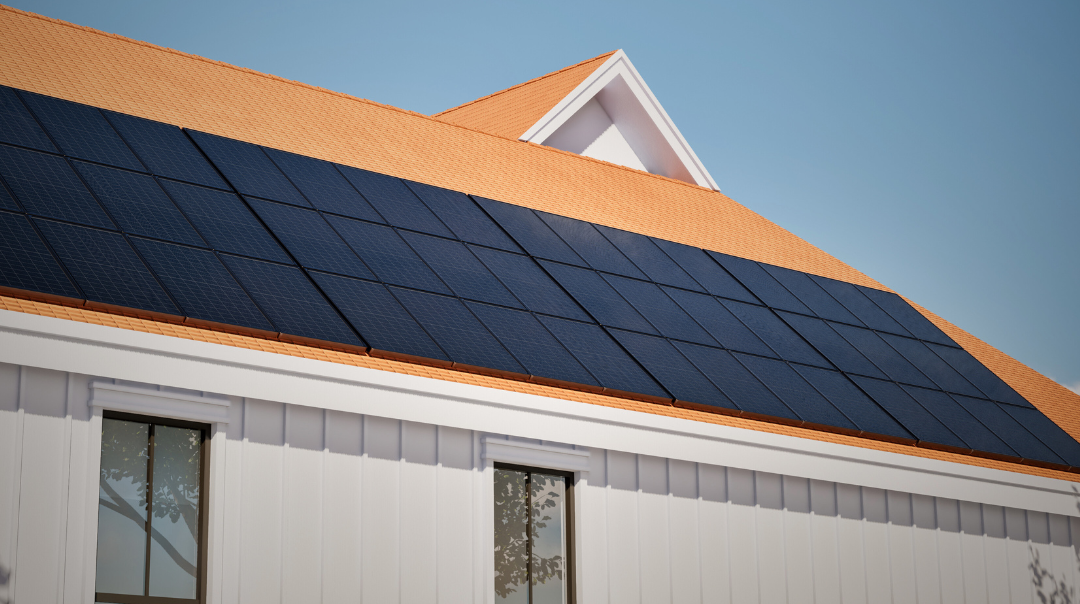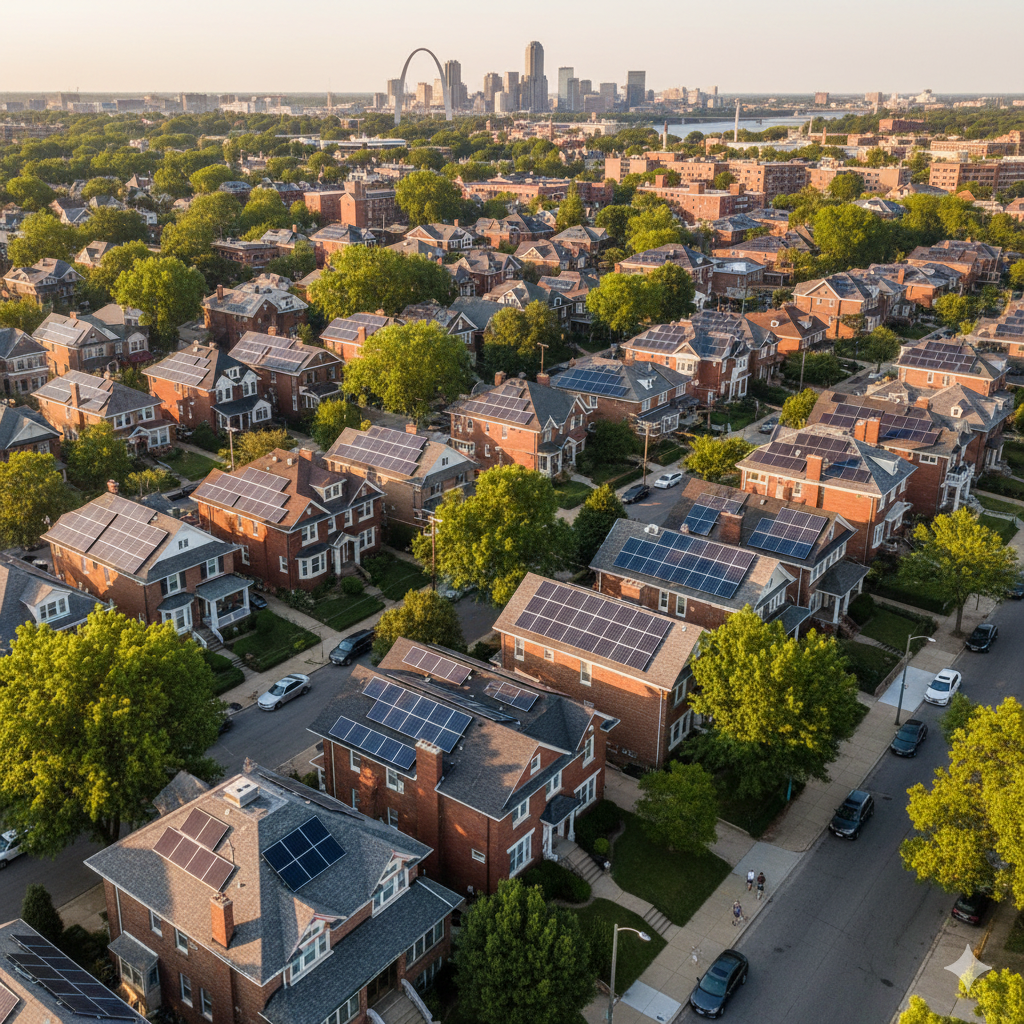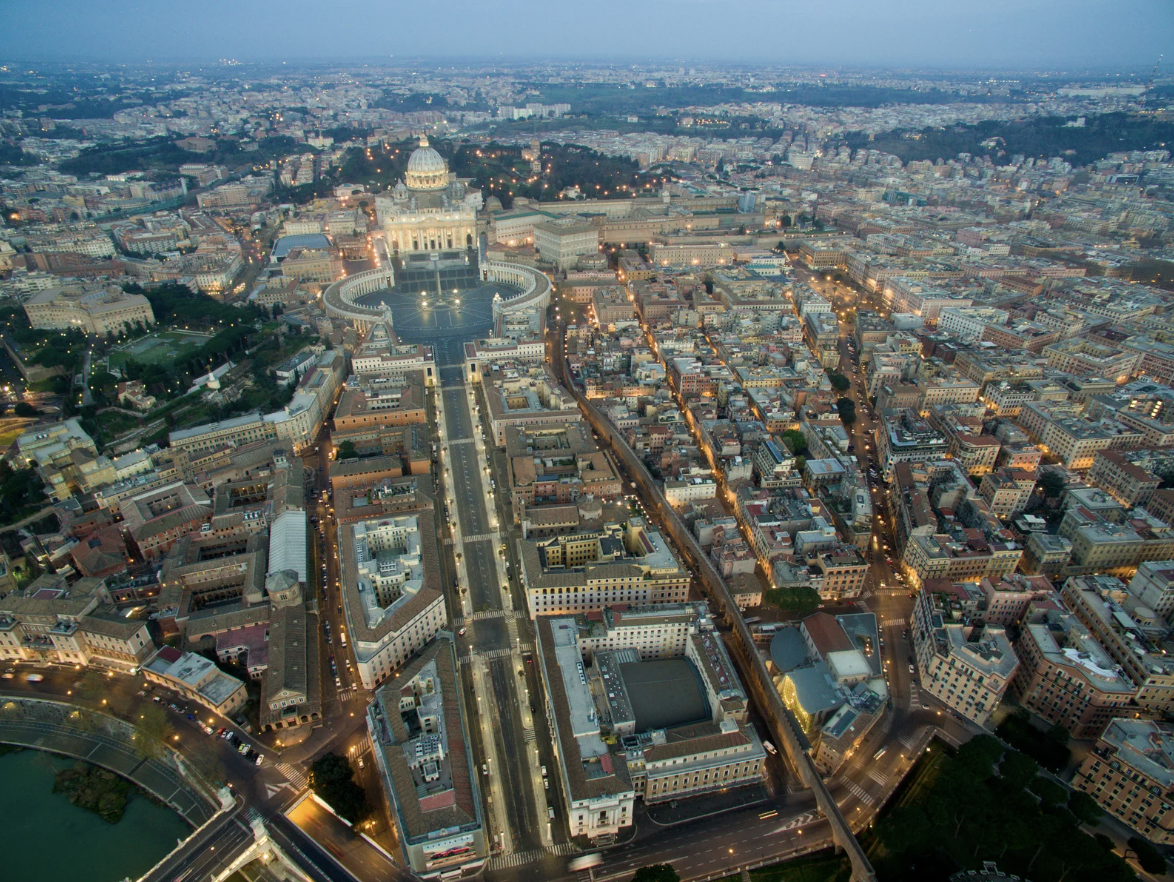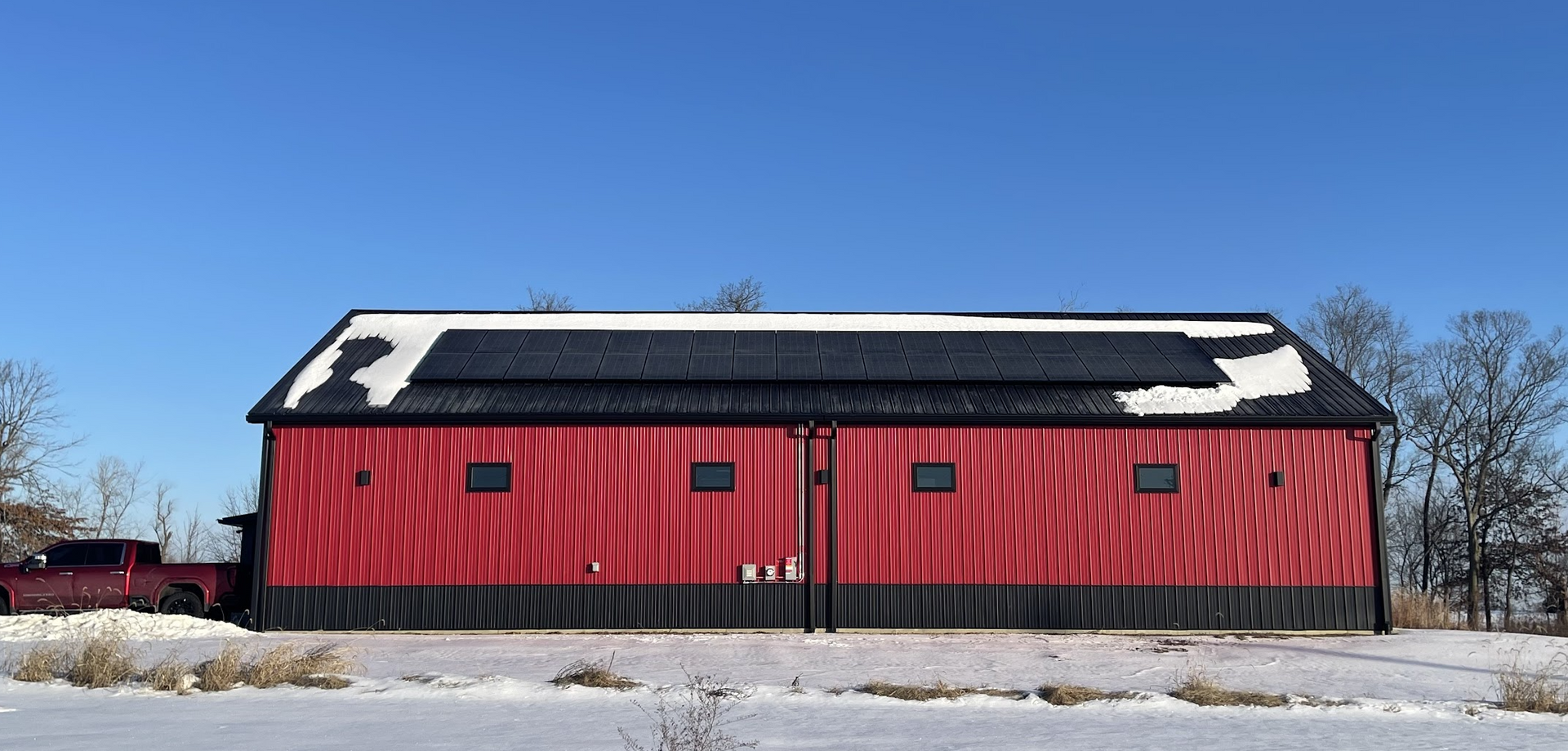The Rush to Go Solar: Navigating an Uncertain Future
The clean energy world is in a state of flux. A new law has abruptly terminated the clean energy tax credits that have been the financial backbone for countless projects across the country. While states and large-scale developers are scrambling to meet new deadlines, a massive rush is underway to get projects off the ground before these critical incentives expire. This seismic shift in policy has serious implications for everyone, from utility companies to individual homeowners. At
SunSent Solar, we believe a
solar panel installation
is now more urgent than ever. We want to help you understand the changing landscape and why acting now is the smartest move you can make.
The Abrupt End of Clean Energy Incentives
For years, the Inflation Reduction Act provided a powerful 30% tax credit for investments in zero-emission energy projects. These credits were designed to extend into the 2030s, creating a stable, long-term market for renewable energy. The new law signed on July 4, 2025, has changed everything. It has effectively ended these tax credits, establishing strict new deadlines. To qualify, large-scale projects must now be up and running by the end of 2027 or begin construction by July 4, 2026. For residential homeowners, the deadline is even more immediate: your system must be installed by December 31, 2025, to qualify for the 30% tax credit.
The Economic Fallout: Why This Matters for Your Wallet
The loss of these tax credits isn't just an industry problem; it's a financial one that will directly impact your household. Multiple reports from think tanks and industry groups have quantified the cost of this policy change.
- According to a study by the Clean Energy Buyers Association, the repeal of these tax credits could cause average U.S. residential electricity prices to rise by 7-15% by 2026 and as much as 18% by 2035.
- Another analysis from the Resources for the Future think tank projects that these rate increases could translate to an average annual increase of over $110 on residential electricity bills nationwide. For states like Missouri, which has a higher reliance on traditional energy sources, the impact could be even more severe. Reports project that Missouri could see a 15% increase in electricity rates alone.
- The economic ripple effect is also significant. The Inflation Reduction Act had spurred over $600 billion in private investment and created more than 406,000 jobs. Now, forecasts predict a sharp reversal, with the repeal potentially costing America nearly 790,000 jobs by 2030.
These numbers paint a clear picture: a slower, more costly transition to clean energy is likely, and the cost will be passed directly to consumers.
States Scramble, Homeowners Can Act
As the provided article points out, state governments are in a rush to fast-track permitting and help developers complete projects before the deadlines. This urgency highlights a unique opportunity for homeowners. While the landscape for large-scale projects is in turmoil, you have the power to take control of your own energy future.
The demand for clean energy is still there—in fact, it's growing due to the rise of electric vehicles and smart home technology. As North Carolina Sustainable Energy Association executive director Matt Abele notes in the article, "Solar, wind and battery storage are the quickest ways to add electrons to the grid." You can be a part of this solution and protect yourself from rising electricity prices by investing in a
solar panel installation
now.
According to a forecast from Ohm Analytics, without the tax credit, residential solar capacity could see a 60% drop in 2026. This means installers will be busier than ever this year, and waiting until the last minute could be a costly mistake.
Your Trusted Guide in an Uncertain Market
This is where the expertise of a professional
solar installer in St. Louis
becomes critical. In a market full of uncertainty, you need a partner who can provide clear, honest guidance. As one of the most trusted
solar companies near me
, SunSent Solar is committed to our education-first approach. We not only help you design a system that fits your home, but we also ensure you understand the financial landscape and the deadlines you face.
We know that a
solar panel installation
is a significant investment. That's why we also offer our
sunsent roofing
services, providing a strong, durable foundation for your solar system that will last for decades. This integrated approach saves you the hassle and cost of a future re-roof, ensuring your energy independence for the long haul.
Frequently Asked Questions (FAQ)
Q: What is the new deadline for the
solar tax credit 2025
?
A: The residential
solar tax credit 2025
is set to expire on December 31, 2025. To claim the 30% credit, your system must be fully installed and operational by this date.
Q: Will solar still be affordable after the tax credit expires?
A: While wind and solar remain the cheapest ways to produce new electricity, the loss of the tax credit will likely increase the upfront cost for a
solar panel installation
and lengthen the payback period. This makes acting now the most financially savvy decision.
Q: How does
sunsent solar
help with this new deadline?
A: As a professional
solar installer in St. Louis
, we understand the urgency. We can help you navigate the process, from design to installation, to ensure your project is completed in time to secure the credit.
Q: Why is it important to choose a reputable
solar companies near me
now?
A: With the looming deadline, the market is likely to see a surge in demand. Choosing a professional and experienced company like SunSent Solar ensures quality workmanship and a reliable project timeline, avoiding the risks of working with less reputable installers.
Don't get caught in the rush. Are you ready to lock in your savings and protect yourself from rising utility bills before it's too late?
Contact SunSent Solar today at 636.757.3083 to schedule your free consultation! Our October 1st deadline to guarantee installation is fast approaching!

